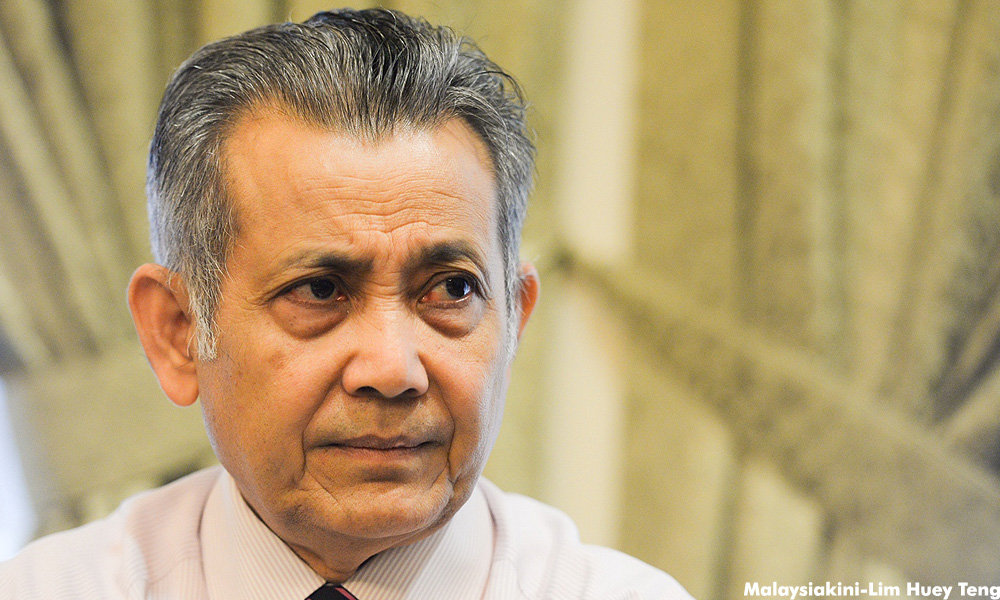SPECIAL REPORT | “When I was a prosecutor, I was for the death penalty. Back then, I just handled the cases mechanically. I mean, all I needed to do was just prove my case and I didn’t really know what happened behind the investigations, behind the cases or behind the stories.
“What I know is that I used the laws and presented evidence to the court and let the court decide. So, I did think people needed to be punished by that back then,” said former deputy public prosecutor Samantha Chong during a recent interview with Malaysiakini.
The judicial system is all about the idea of 'justice'. The judiciary is widely believed to be a mechanism for adjusting the various interests of the society to deliver justice. In other words, through the judicial system, the state can punish wrongdoers and seek redress for victims.
The prosecutor charges criminal suspects on behalf of the state, while judges make decisions according to the law and the facts.
As Mohd Hishamudin Mohd Yunus – a former Court of Appeal judge who has written hundreds of judgments in the past two decades – admits, there is no perfect legal system in the world, although the Malaysian legal system has inbuilt safeguards against the miscarriage of justice.
“We cannot rule out the possibility of the innocent being found guilty. No system of justice in the world is 100 percent perfect. But we can devise a system that effectively minimises the risk of the miscarriage of justice,” Hishamudin (photo) told Malaysiakini.

First, there is the public prosecutor, a highly qualified and experienced legal officer, who sieves through the evidence before deciding whether or not to proceed with the charge that carries the death penalty.
Then there is the High Court judge, a senior judicial officer, before whom the accused is tried. The accused is entitled to be defended by a counsel of his or her choice.
In capital punishment cases, the state provides the accused with a defence counsel if he or she cannot afford to engage one.
Should the High Court find the person guilty, the accused has the right to appeal to the Court of Appeal and thereafter to the Federal Court. Finally, there is the Pardons Board. All these processes must be gone through before the death sentence can be carried out...

